How sustainable are disposable paper products?
11 November 2025
How sustainable are disposable paper products?
There’s a lot of concern about the environmental impact of
disposable paper products and rightly so. Disposable doesn’t always mean wasteful,
especially when you look at how modern paper production actually works.
Where does the timber for paper production come from?
Almost all of it comes from managed softwood forests,
mainly in Scandinavia and Canada - regions that have been farmed
sustainably for over a century.
- These
forests now cover more land than they did in the 1920s.
- No
tropical hardwoods or rainforests are cut down to make hygiene or tissue
paper.
- Softwood
trees such as spruce and pine are fast-growing and renewable,
making them ideal for sustainable production.
In short: modern paper production relies on
renewable, responsibly managed forests - not deforestation.
What about recycled paper - is that better?
Yes, and it’s growing fast. Most tissue products we supply
are made from either 100% recycled fibre or a very high proportion of it. Many
paper mills even run their own waste-paper collection schemes because recycling
helps them cut costs and keep prices competitive.
Here’s the twist: recycled paper is often the cheapest option on the market. Occasionally, during economic dips, the cost of virgin pulp can fall below recycled, but that’s rare. If you’ve ever been part of a local paper collection for charity, you’ll know how fickle that market can be - sometimes you even have to pay people to take it away!
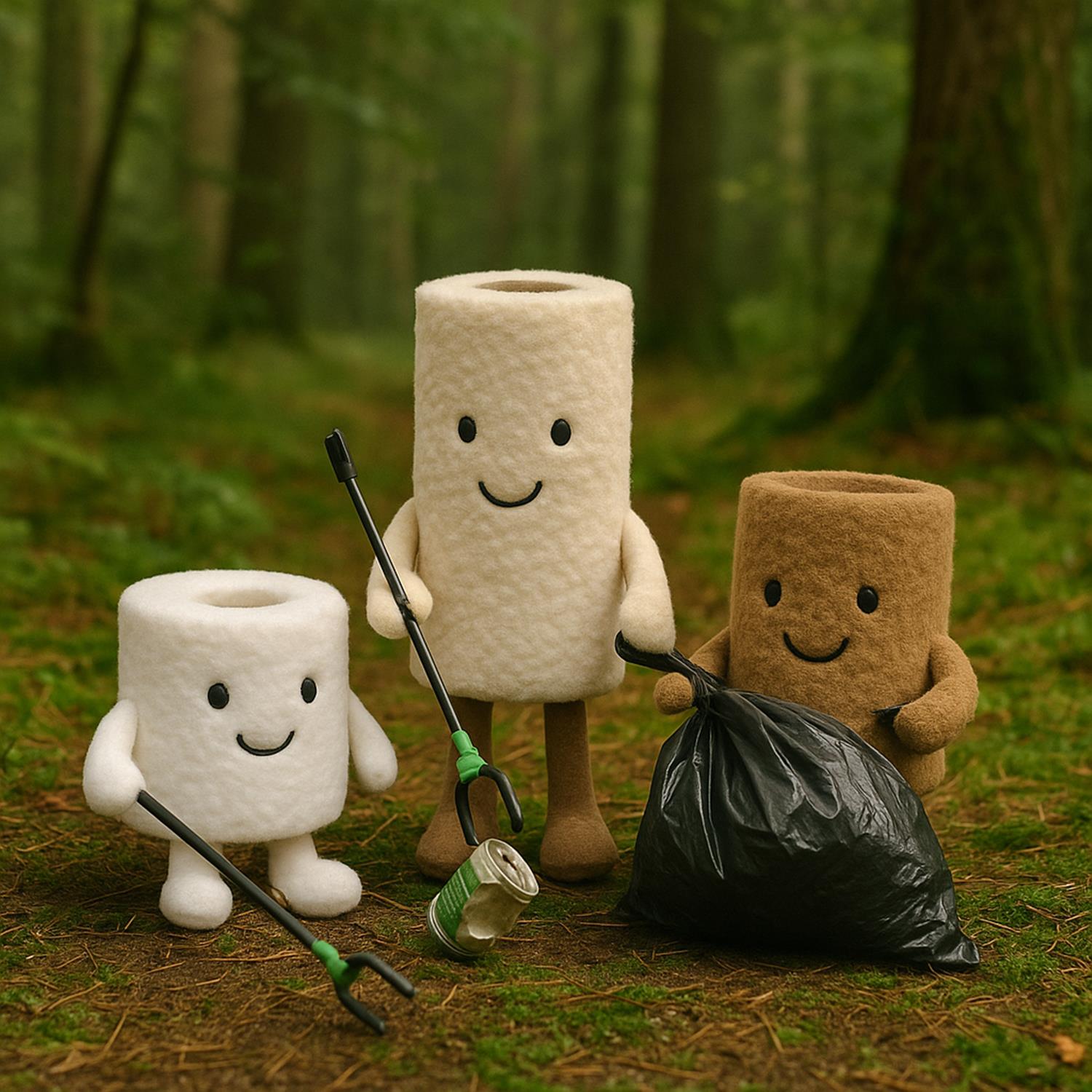
Are there situations where virgin pulp is still needed?
Yes. Certain environments require higher performance that
recycled paper can’t always match, such as:
- Food manufacturing – where hygiene and rapid absorption are crucial.
- Industrial
settings – where minimal lint and quick cleanup are essential.
Virgin pulp offers faster absorbency and less dust/lint,
making it ideal for specialist applications.
Why is recycled paper often off-white or brown?
When it’s first made, recycled pulp is naturally a murky brown. It can be bleached or dyed, but many businesses now prefer to leave it unbleached - a visible badge of its eco-friendly origin. That’s why you’ll see a few brown rolls proudly sitting in our range.
Is there a performance difference?
- Total absorbency - similar between
recycled and virgin pulp.
- Absorption speed - faster with virgin
pulp.
- Colour variation - minor and caused by different waste paper mixes (office paper, newsprint, cardboard).Most users won’t notice the difference in daily use.
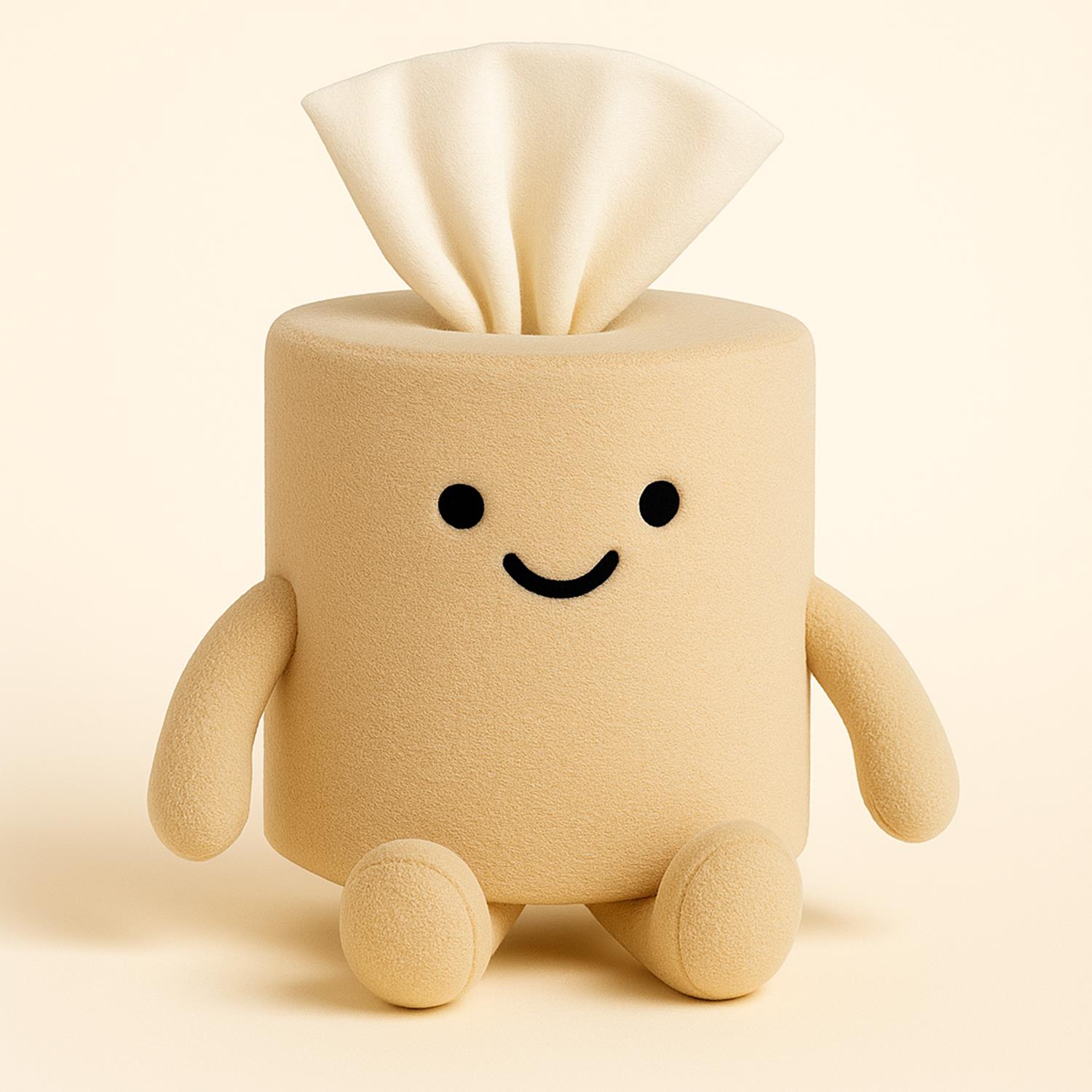
How do paper towels compare to hand dryers?
Hand dryers might seem eco-friendly, but the picture isn’t
quite so simple.
- Hand
dryers use electricity - often from non-renewable sources.
- They
can spread bacteria and moisture around washrooms, especially
high-speed models.
- Paper
towels provide a faster, cleaner and more hygienic hand-drying
method, with far fewer airborne germs.
- Independent
studies consistently show paper towels remove more bacteria from
hands than dryers do.
Bottom line: Paper towels are both more hygienic and
can be equally sustainable when responsibly sourced.
What about packaging?
Sustainability doesn’t stop at the product - it’s in the
packaging too.
- Our
paper towel products are mainly packaged in cardboard or paper,
both widely recyclable.
- Where
plastic wrapping is used with centrefeed rolls, toilet rolls etc,
it’s typically for hygiene protection (for example, in catering or
medical environments).
- The
packaging film is made from recycled plastic and is recyclable
by most local councils and supermarkets.
We aim to keep packaging minimal, recyclable, and fit for
purpose.
Are Hygiene Depot’s paper products sustainably sourced?
Yes. We work with two leading European mills whose products fully comply with the latest EU environmental standards. Many of our products also carry the EU Ecoflower.
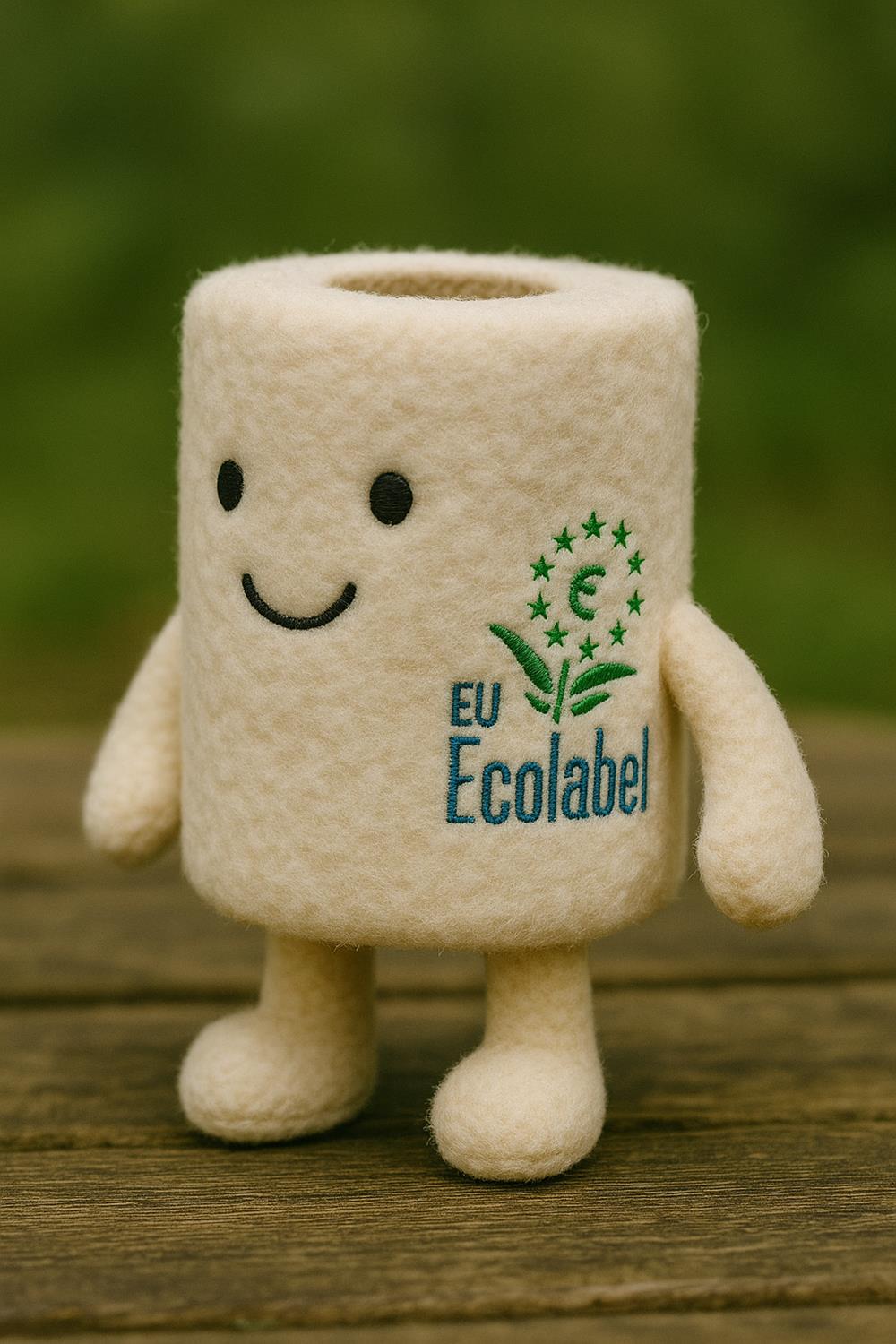
In summary
Disposable paper products can absolutely be part of a sustainable hygiene strategy and are not bad for the environment - when sourced from the right suppliers. By choosing recycled or responsibly farmed pulp, you can maintain hygiene standards without compromising on environmental responsibility.
If you have any questions, please feel free to contact our Hygiene Depot Team on 0117 9461960 or email customer.service@hygienedepot. You can also speak to our expert Ed Weale, who will be happy to discuss any queries you have on either the office number or email ed.weale@hygienedepot.co.uk.
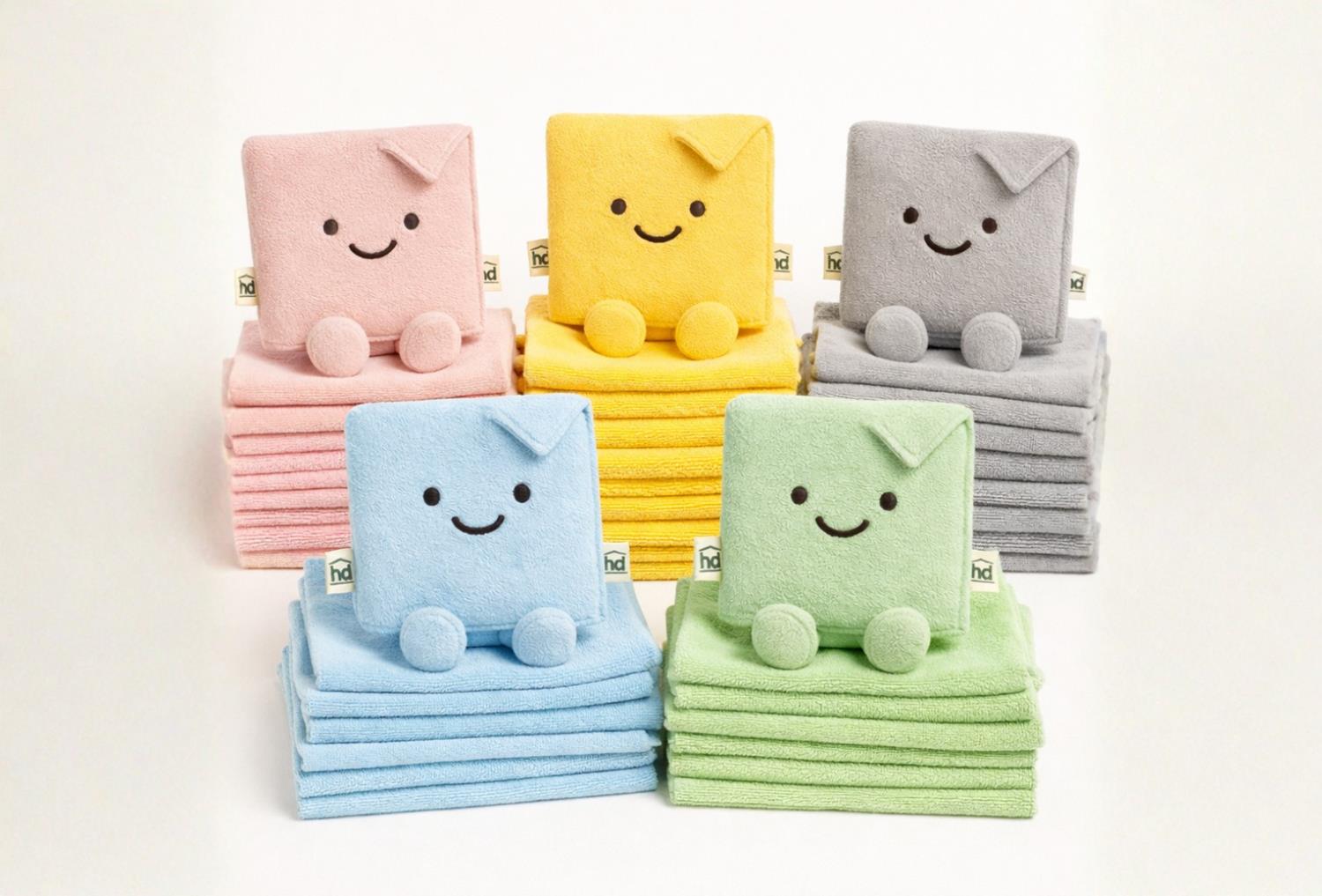
How can I get the most out of my microfibre cloths? 2 February 2026

Why is Hygiene Depot expanding into Pet Care? 11 November 2025
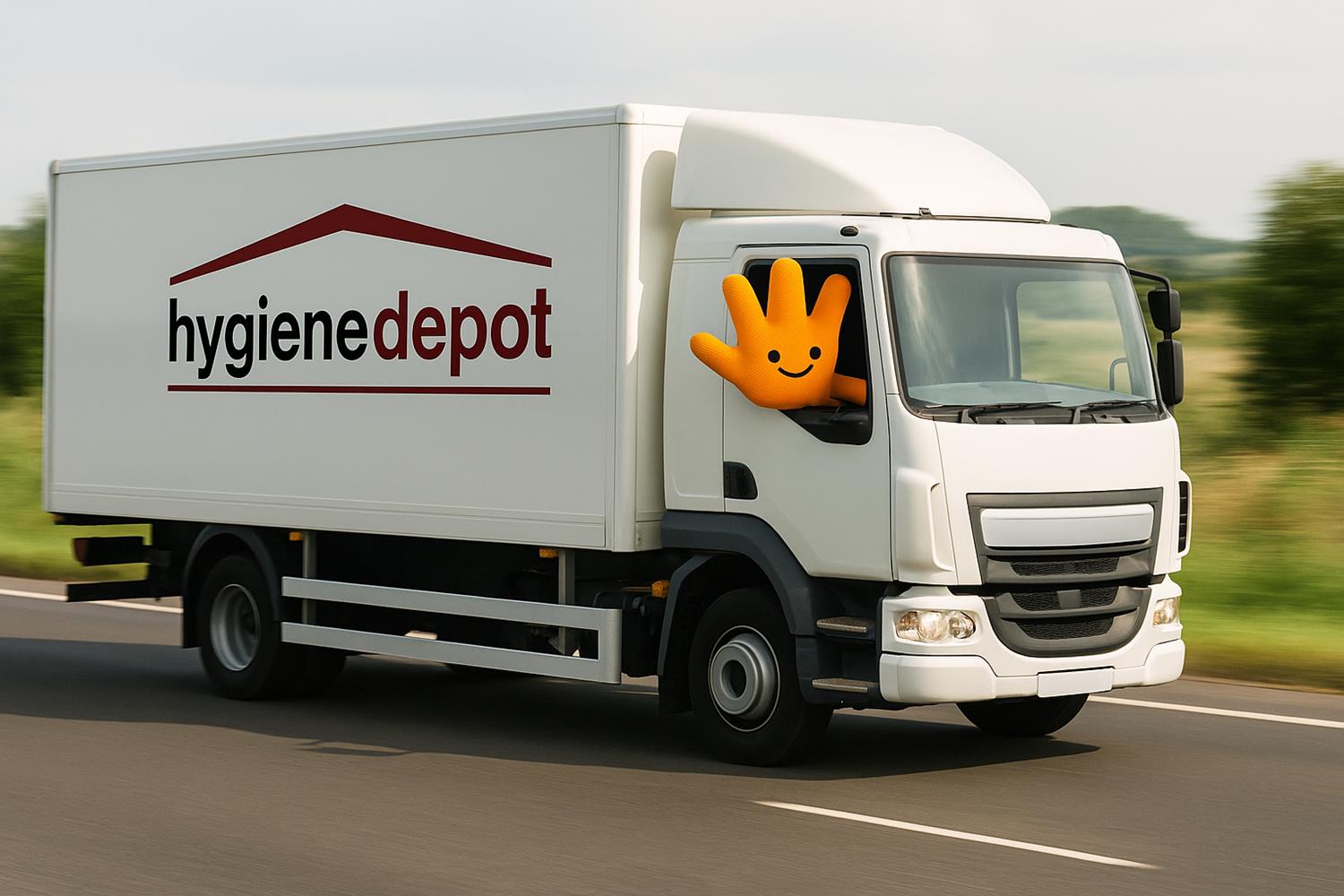
Why do I have to pay for delivery? 5 November 2025
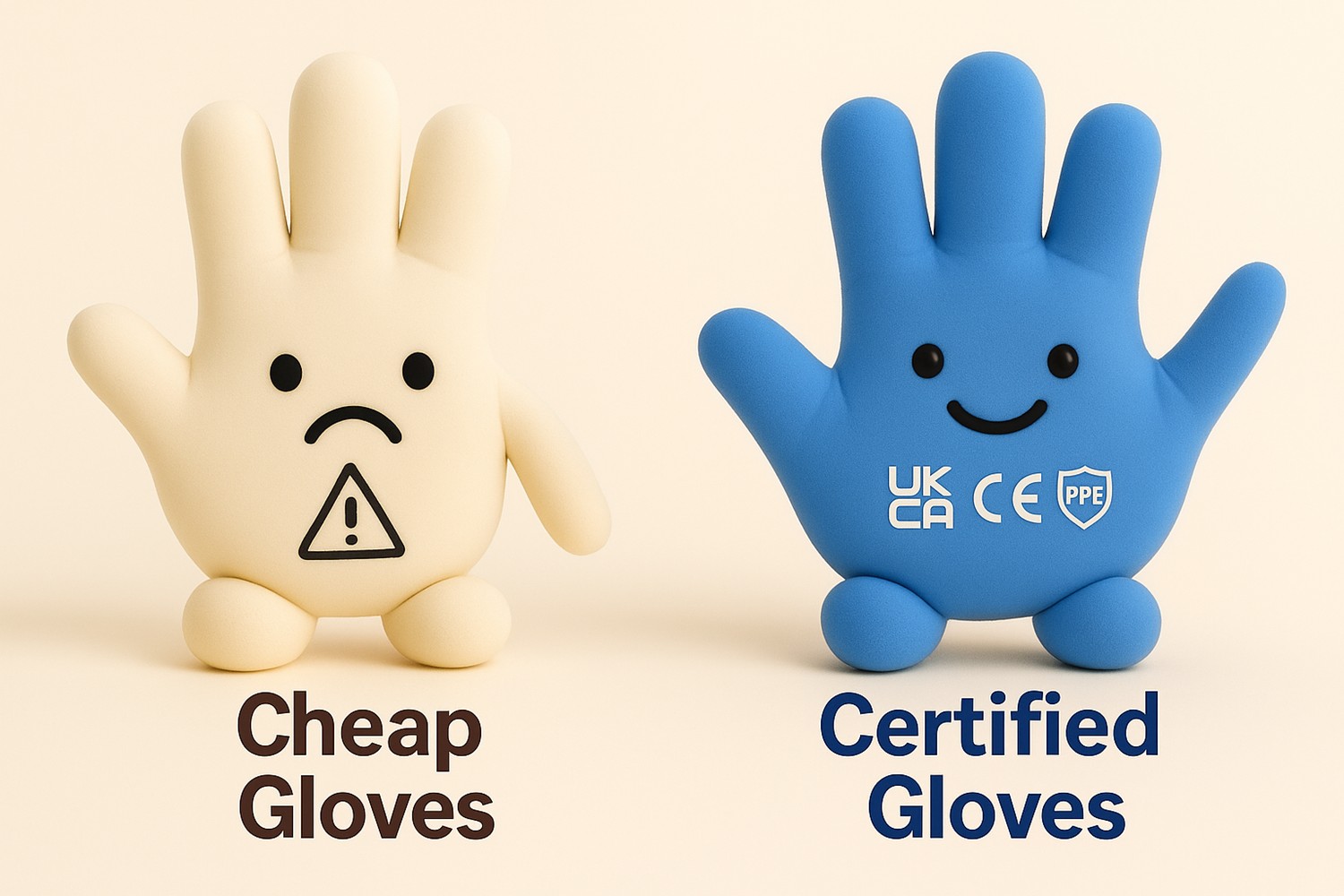
Why are some disposable gloves more expensive? 24 September 2025
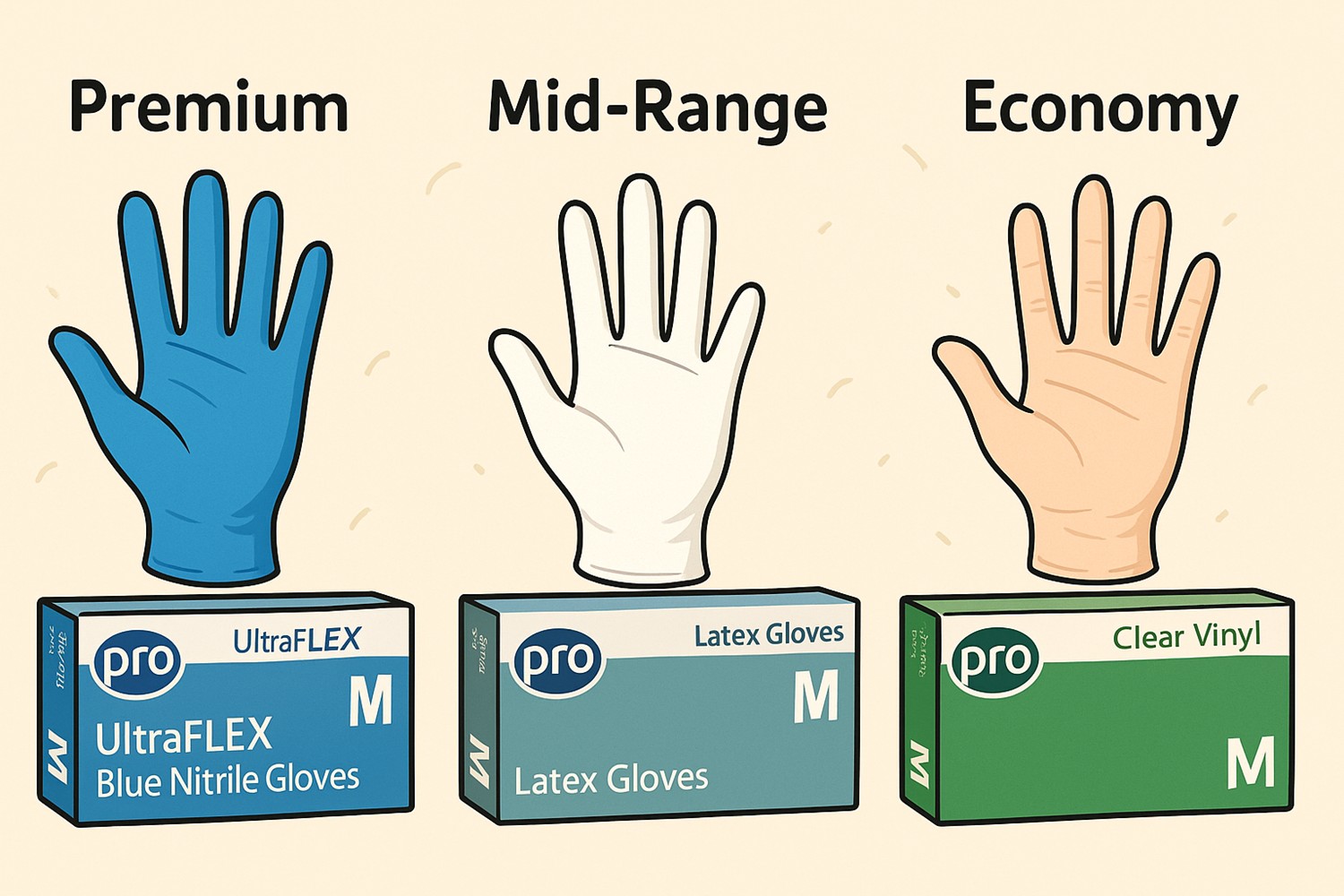
How to cut costs on hygiene & cleaning supplies (without sacrificing quality)? 24 September 2025